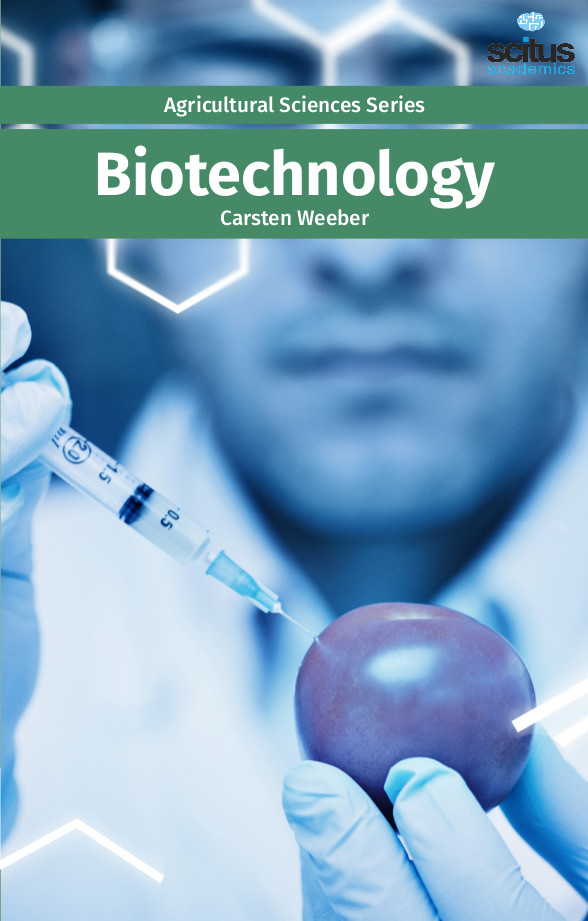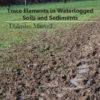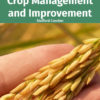For about 10,000 years, farmers have been improving wild plants and animals throughout the selection and breeding of enviable characteristics. This breeding has resulted in the domesticated plants and animals that are normally used in crop and livestock agriculture. In the twentieth century, breeding became more sophisticated, as the traits that breeders select for include increased yield, disease and pest resistance, drought resistance and enhanced flavor. Agricultural biotechnology deals with the scientific techniques used to improve plants, animals and microorganisms. DNA is the key to biotechnology and based on its understanding scientists have developed solutions to increase agricultural productivity. Starting from the ability to identify genes that may confer advantages on certain crops, and the ability to work with such characteristics very precisely, biotechnology enhances breeders’ ability to make improvements in crops and livestock. Traits are passed from one generation to the next through genes, which are made of DNA. All living things—including the fruits, vegetables and meat that we eat—contain genes that tell cells how to function. Recently, scientists have learned enough to begin to identify and work with the genes (DNA) that are responsible for traits. It encompasses genetic engineering, inclusive of enzyme and protein engineering plant and animal tissue culture technology, biosensors for biological monitoring, bioprocess and fermentation technology.. it is concerned with upgradation of quality and also utilization of livestock and resources for the well being of both animals and plants. New approaches in biotechnology can develop high yielding and more nutritious crop varieties, improve resistance to disease and also reduce the need for fertilizer and other expensive agricultural chemicals. It could also improve forestry and its products, fibre crops and chemical feedstocks.
This book, a collaborative endeavor involving contributions from renowned academics around the globe, discusses the techniques of plant tissue culture, the fundamental basis for the development of innovative crop improvement strategies. It brings together the principles and contemporary agricultural biotechnology. The information provided in this book should be of interest for students, academic researchers and for agriculturalists.













